Some Doctor Who episodes cut the drama and went for the comedy! We look back at some of the Time Lord’s more whimsical cosmic encounters.
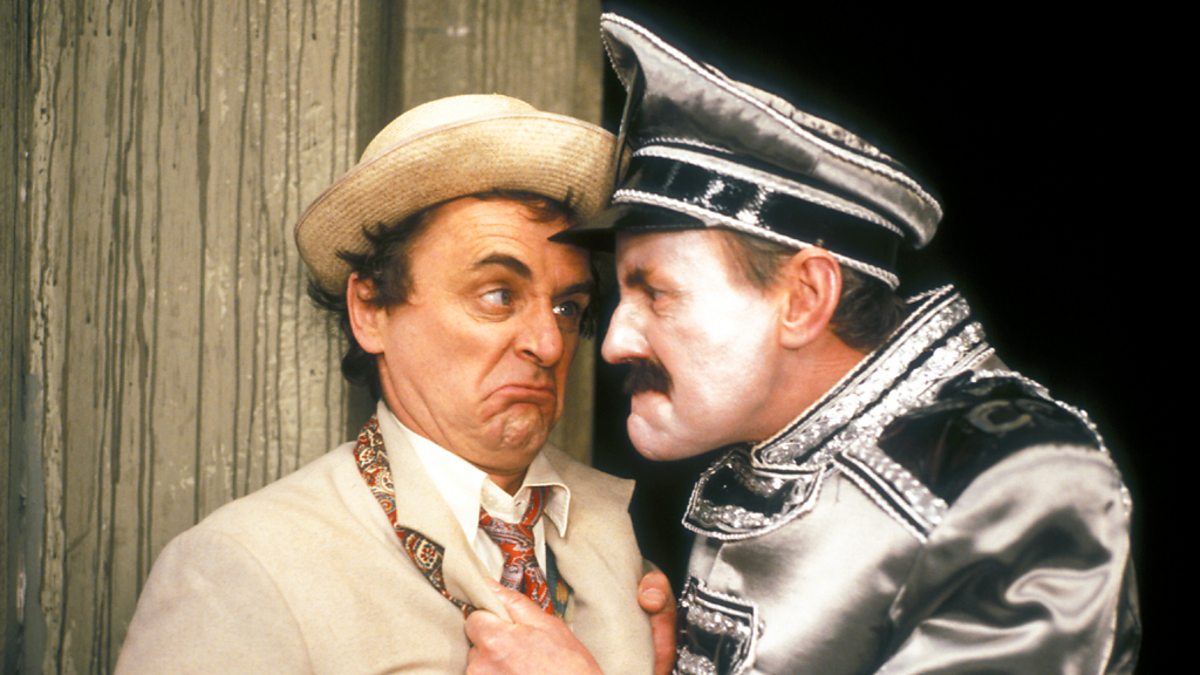
Over the years, Doctor Who episodes have shifted in tone almost as much as they have shifted in genre. As Sylvester McCoy once said, “It’s been historical, it’s been hysterical…” You could throw ‘Love & Monsters’ and ‘The Satan Pit’ into your Doctor Who marathon and easily convince yourself that you are watching two separate shows.
Since 1963, Doctor Who has had an interesting relationship with comedy. For writers, comedy is one of the hardest things to get right, as an audience’s comedic sensibilities can vary wildly. Sometimes, the producers of the more light-hearted Doctor Who episodes played it for laughs simply to bring some variety to the season; let’s not forget, the comedy-laden ‘The Gunfighters’ came only a few weeks after the dystopian ‘The Massacre.’

(C) BBC
And yet there were times when Doctor Who went hard on the comedy in a desperate bid for survival. Let’s journey back to 1985, and to (arguably) one of the grittiest and most adult Doctor Who seasons of all time, Season 22. It was during this run of Doctor Who episodes that the BBC decided to pull the plug on the show, later scaling-back their plans and insisting it went on an 18 month rest period. A number of reasons were given for the hiatus, but one of the notes sent to the production team was that the programme had become too violent and needed to inject more humour.
Season 23, therefore, was a bit of a turning point. These Doctor Who episodes were far from being all-out comedic, but they were distinctly lighter in tone. For instance, there was one scene in which the Doctor escaped from a life-threatening situation by pulling the “look behind you!” routine – a far-cry from the acid bath escape from ‘Vengeance on Varos.’
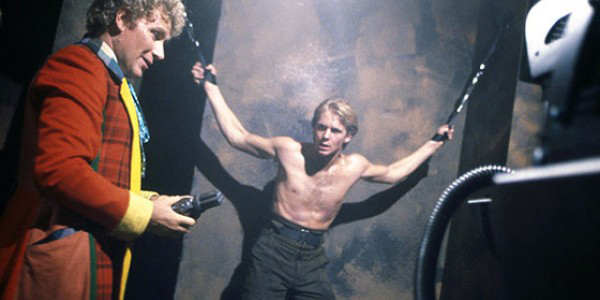
(C) BBC
But these lighter touches, apparently, did not go far enough to satisfy the senior management of the BBC, who demanded the immediate sacking of the Sixth Doctor Colin Baker and a continued emphasis on more light-hearted storytelling.
As such, some of the subsequent Doctor Who episodes were perhaps as comedic as the show has ever been, with the four-part ‘Paradise Towers‘ being the most obvious example. In this adventure, the tower’s hapless inhabitants are quite literally “taken to the cleaners” (by robot cleaning machines) who are overseen by the actor Richard Briers wearing a Hitler moustache.
And whilst these Doctor Who episodes achieved particularly low audience ratings, it wouldn’t be fair to place the blame entirely on the comic story-telling. Doctor Who suffered from quite tepid marketing during this time period, with some of the main actors’ families not even realising the show was on the air. Plus, at this time, the series was being pitted against the popular British soap opera Coronation Street, making it even harder for people to tune in.
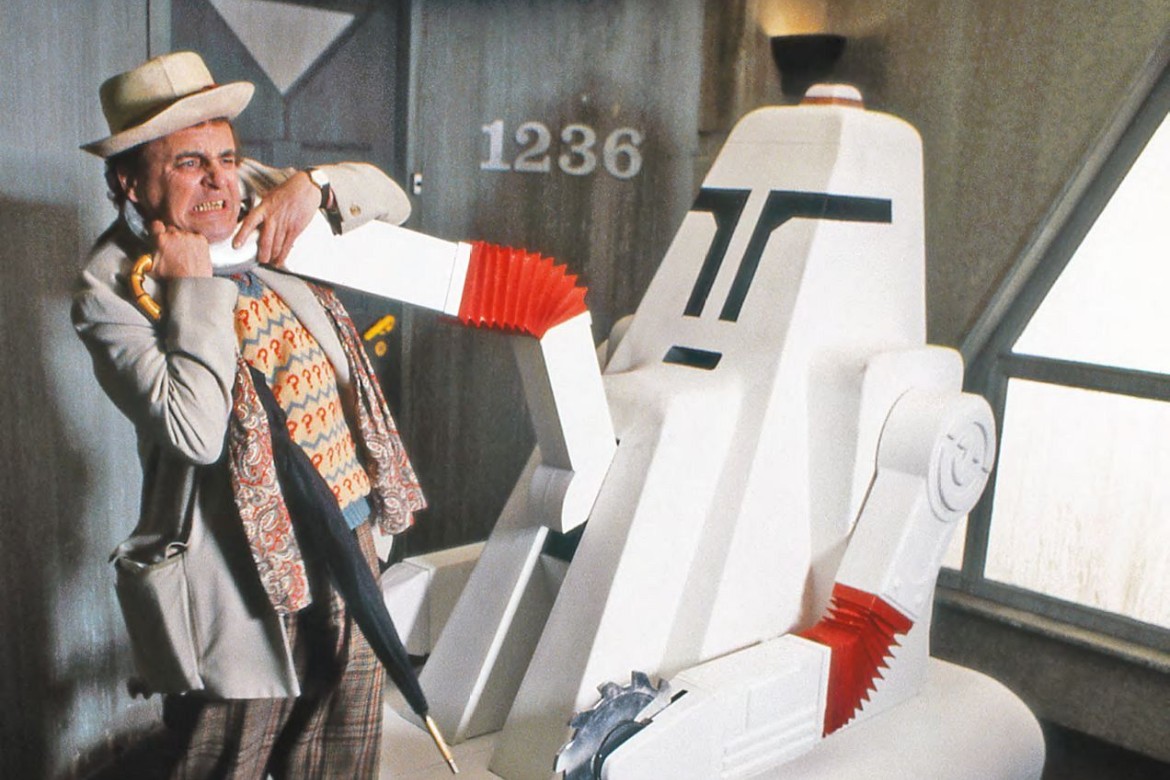
(C) BBC
And interestingly, the mid-80s was not the first time that Doctor Who had been ordered to lighten its tone. 10 years earlier, the programme had been at the height of the Philip Hinchcliffe era – regarded by many as one of the greatest periods in the series’ history. And this era was distinctly gothic and horror-laden, even to the extent that high-profile campaigners such as Mary Whitehouse were demanding that the show be pulled from the air because of the negative effect it was having on children. A particularly famous example that she often cited was a scene from ‘The Deadly Assassin’ in which the Doctor was held underwater in an attempted drowning.
Philip Hinchcliffe didn’t remain with the programme for much longer after this, although it’s unclear if this was because of the programme’s tone. Indeed, his Doctor Who episodes are among the highest-rated in series’ history.
And yet there was a gradual tonal shift when his successor Graham Williams took the reins. Yes, there were still Hinchcliffe-esque adventures such as ‘Horror of Fang Rock’ and ‘Image of the Fendahl,’ but as the season progressed viewers grew more accustomed to cockney-sounding Sontarans who tripped over sun-loungers (‘The Invasion of Time’) and the Doctor even had a robot companion called K9, who was introduced in ‘The Invisible Enemy.’
And there was an even greater comedic force waiting in the wings, with writer Douglas Adams taking up the mantle of script editor for Season 17, best known for his work on The Hitch-Hiker’s Guide to the Galaxy.
Arguably, his Doctor Who episodes are among some of the funniest in the series’ history – but fandom is still divided on whether or not this is a good thing. Douglas Adams himself accepted some of the criticisms and stressed that some episodes didn’t quite work out as planned owing to certain actors’ tendencies to do “funny voices and funny walks” when they got a whiff of a comedy script. He believed that their performances should have been given with the utmost seriousness, rather than being played for laughs.
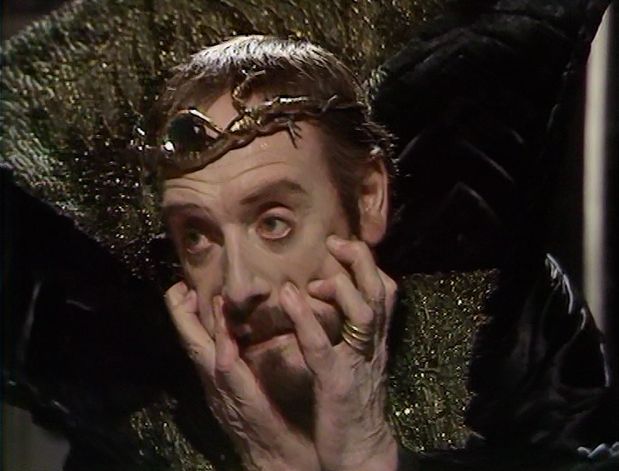
(C) BBC
Other Doctor Who episodes just come down to personal taste. ‘Nightmare of Eden,’ for example, is famous for the scene in which the Doctor is torn apart by the vicious Mandrels (off camera) and cries out, “Oh! Oh! Oh, my fingers, my arms, my legs! Ah! My everything! Argh!” And then there is the infamous malfunctioning-TARDIS sound effect from ‘The Horns of Nimon,’ and the ‘scarf moment’ from ‘The Creature from the Pit.’ These scenes have both their lovers and their haters.
One thing that the majority of fans agree on, though, is ‘City of Death‘ – possibly the most popular set of Doctor Who episodes of all time, save for ‘Genesis of the Daleks‘ or even ‘Remembrance of the Daleks.’ This is a Douglas Adams adventure which, whilst light-hearted, seems to strike the perfect balance between high-stakes drama and laugh-out-loud comedy – possibly because of the intensity and gravitas brought to it by the main villain Count Scarlioni, effortlessly realised by the actor Julian Glover. He would later star as the main antagonist in Indiana Jones and the Last Crusade.
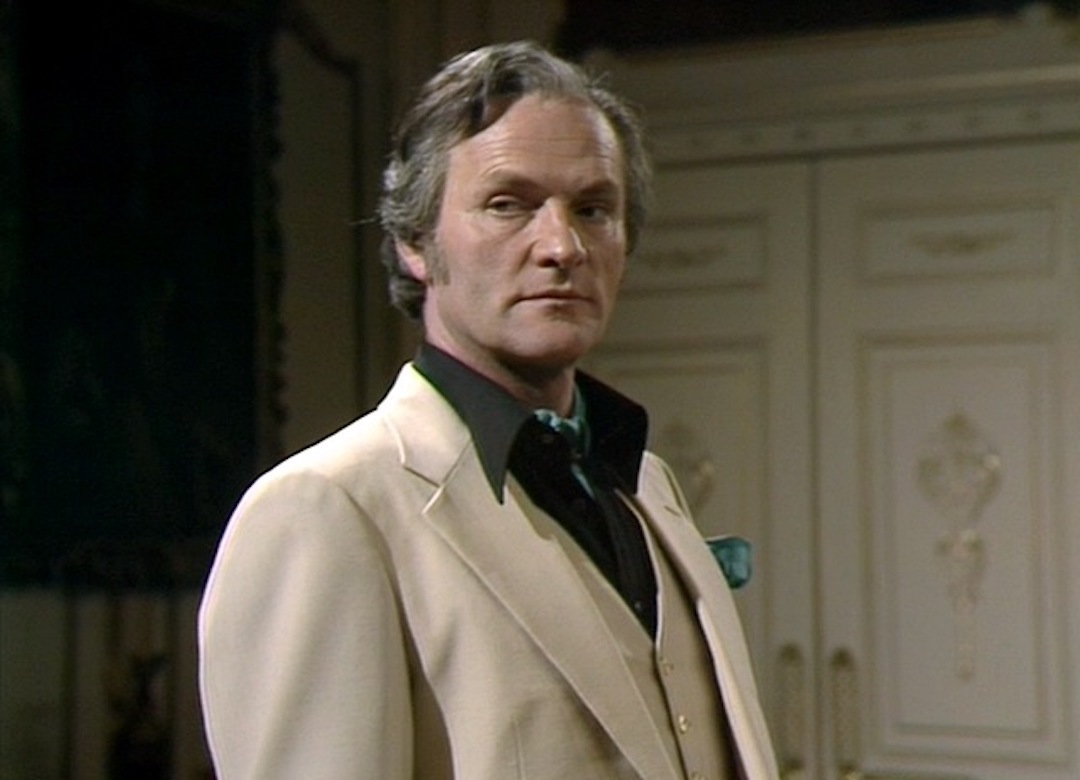
(C) BBC
Yes, there are punch-line moments (such as “What a wonderful butler, he’s so violent!” and “You’re a beautiful woman, probably”) but none of these detract from the drama of the piece. Perhaps Douglas Adams was right when he said that for the comedy to be effective, the actors had to approach it with the utmost seriousness.
But over to you, reader. How do you feel about the more comedic Doctor Who episodes? Which do you think is the funniest, or the most effective? Let me know in the comments below.







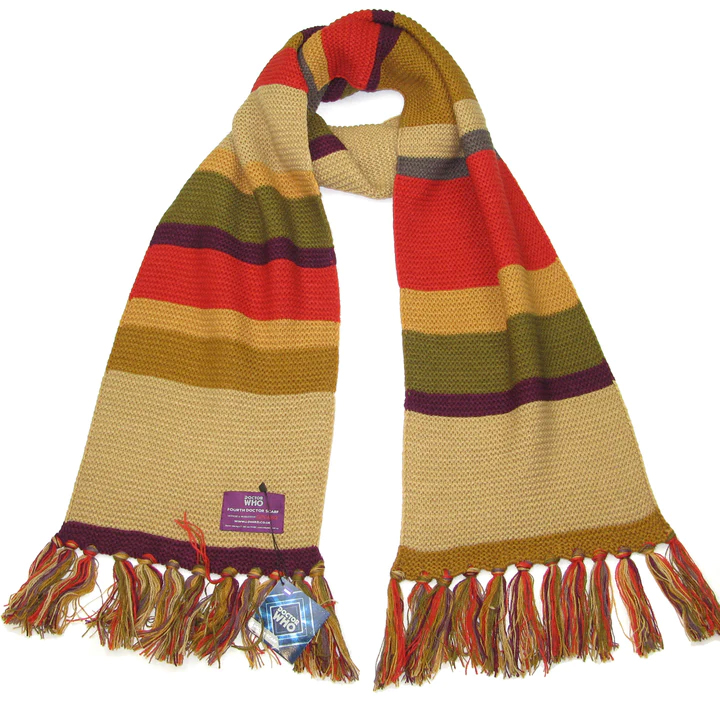
Generally I don’t like the show to be too comedic, with the exception of When Tom Baker was the Doctor. I do find some of what he does genuinely funny and mad, rather than just silly and unfunny. Much of that is down to Baker, who is genuinely eccentric and in my view funny. Some of City of Death still makes me laugh every time and it’s still Doctor Who.